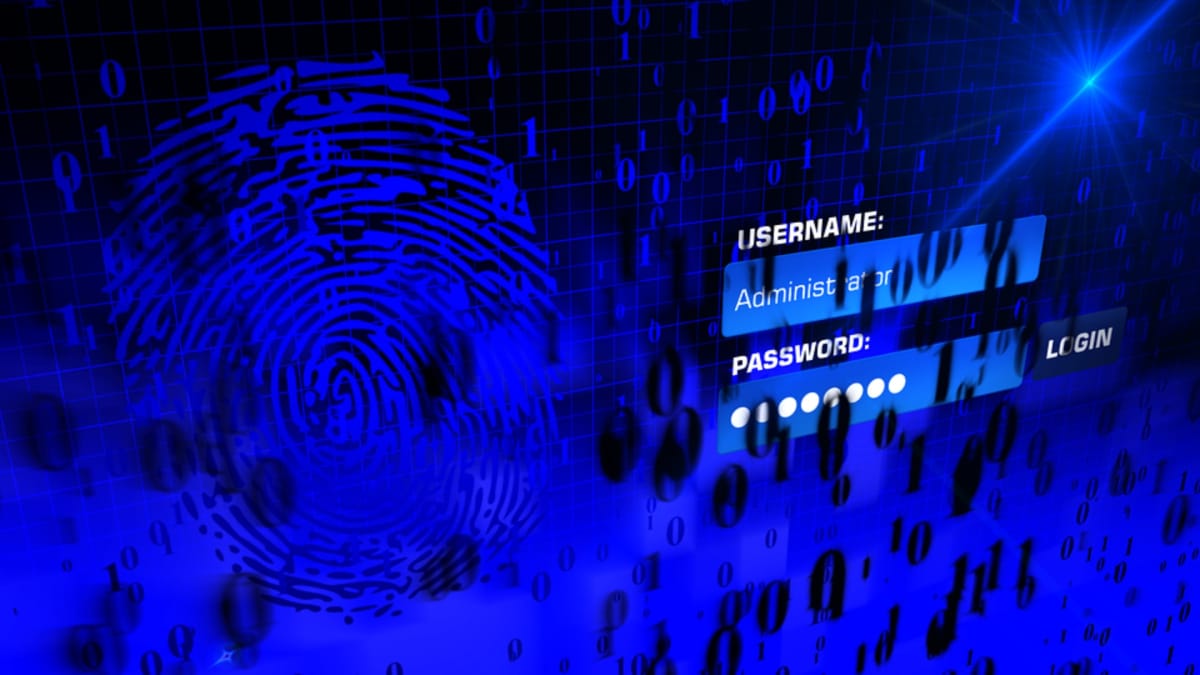Judge Steven C. Frucci, a Virginia Circuit Court Judge, made a ruling today that may have implications for security matters across the United States of America. Ruling on the case of David Baust, Justice Frucci found that Baust did not have to use or give his passcode to the police to unlock his cell phone. This is because that would be divulging information and thus would violate his 5th Amendment rights, which protect against self-incrimination.
New Ruling Around Passcodes and Cybersecurity
When giving the ruling, Justice Frucci also considered other methods of locking a device, such as fingerprints. In his ruling, he said that Fingerprint unlocking mechanisms could be required to be unlocked by the police. This is because, Justice Frucci ruled, providing a fingerprint is similar to providing the police with DNA or a handwriting sample, things they are already able to require the defendant to provide.
It is worth noting that this is in a case after a Search Warrant was used for the Cell Phone to get the information, as is required after the Riley V California case in the Supreme Court. In that case, it was ruled that because of the vast amount of data on a cell phone, it was protected under Fourth Amendment rights. After they had the warrant, they requested Baust unlock the phone, which he refused, which led to the hearing and this ruling.
A Big Impact on Future Rulings
While this is not binding on other courts or jurisdictions due to it merely being at a circuit court, it is the first such ruling to come out. Additionally, due to the use of precedent-based law, even if it is not binding, it will be argued and used to persuade Justices in other regions, and they will be forced to at least consider it.
On the security front, it means that it is likely best to use a password for maximum security going forward. Other methods are more likely to be found not protected by the 5th Amendment – as one can imagine, photo identification would be ruled unprotected as well.







